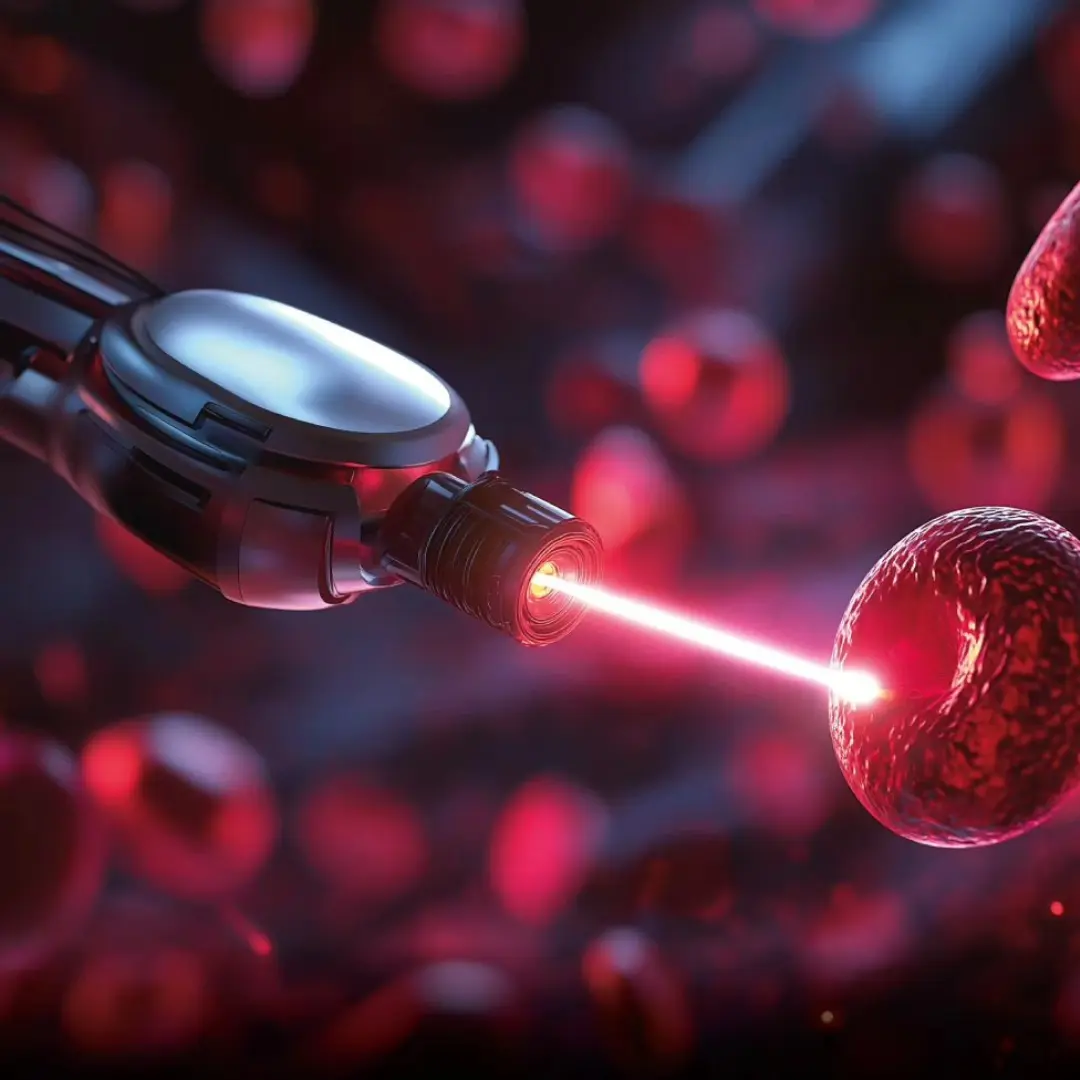In a jaw-dropping advance in medical technology, researchers at the University of Delaware, spearheaded by the brilliant Balaji Panchapakesan, have unveiled a revolutionary technique that turns carbon nanotubes and light into a precision weapon against cancer. Imagine a technology so precise it can create nanoscale explosions that target cancer cells with pinpoint accuracy while leaving surrounding healthy tissue untouched. This breakthrough isn’t just a leap forward; it’s a game-changer in the fight against cancer, bringing a new level of hope and precision to cancer treatment.
The technology harnesses the extraordinary properties of carbon nanotubes—tiny, cylindrical structures with incredible strength and electrical conductivity. When these nanotubes are exposed to specific wavelengths of light, they trigger explosive reactions at the nanoscale. This process creates a controlled burst of energy that selectively destroys cancerous cells without harming adjacent healthy cells. It’s as if these nanotubes are tiny guided missiles, programmed to seek out and obliterate only the malignancies, while leaving the body’s normal tissues intact and unharmed.
This breakthrough approach represents a significant departure from traditional cancer treatments, which often come with severe side effects due to their lack of selectivity. The precision of this technology means that patients could potentially experience fewer side effects and a more targeted treatment approach, which could lead to more effective and less damaging therapies.
Panchapakesan and his team’s work is not just about innovative technology; it’s about transforming cancer treatment from a broad, often blunt force approach into a sophisticated, laser-focused strategy. The potential applications of this technology are vast, from improving the effectiveness of existing treatments to paving the way for new therapeutic methods that could drastically improve patient outcomes.
As this technology progresses towards clinical application, the impact on cancer treatment could be profound. The University of Delaware’s research marks a new era in the battle against cancer, one where precision and innovation work hand in hand to offer patients a brighter, healthier future.









